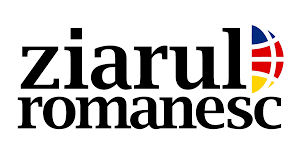
In a promising advance for cancer treatments, scientists at Northwestern University in the United States have redesigned the molecular structure of a common chemotherapy drug, making it much more soluble, effective, and less toxic. Thus, using nanotechnology, the team has managed to transform an older chemotherapy drug into a precision weapon against cancer.
The new drug consists of spherical nanoscale structures, wrapped in a dense layer of DNA, which contains the active molecule.
In tests conducted on mice with acute myeloid leukemia (AML), the therapy entered tumor cells 12.5 times more effectively, destroyed them up to 20,000 times faster, and slowed the progression of the disease by 59 times.
At the same time, healthy tissues remained completely unaffected.











.webp)





















